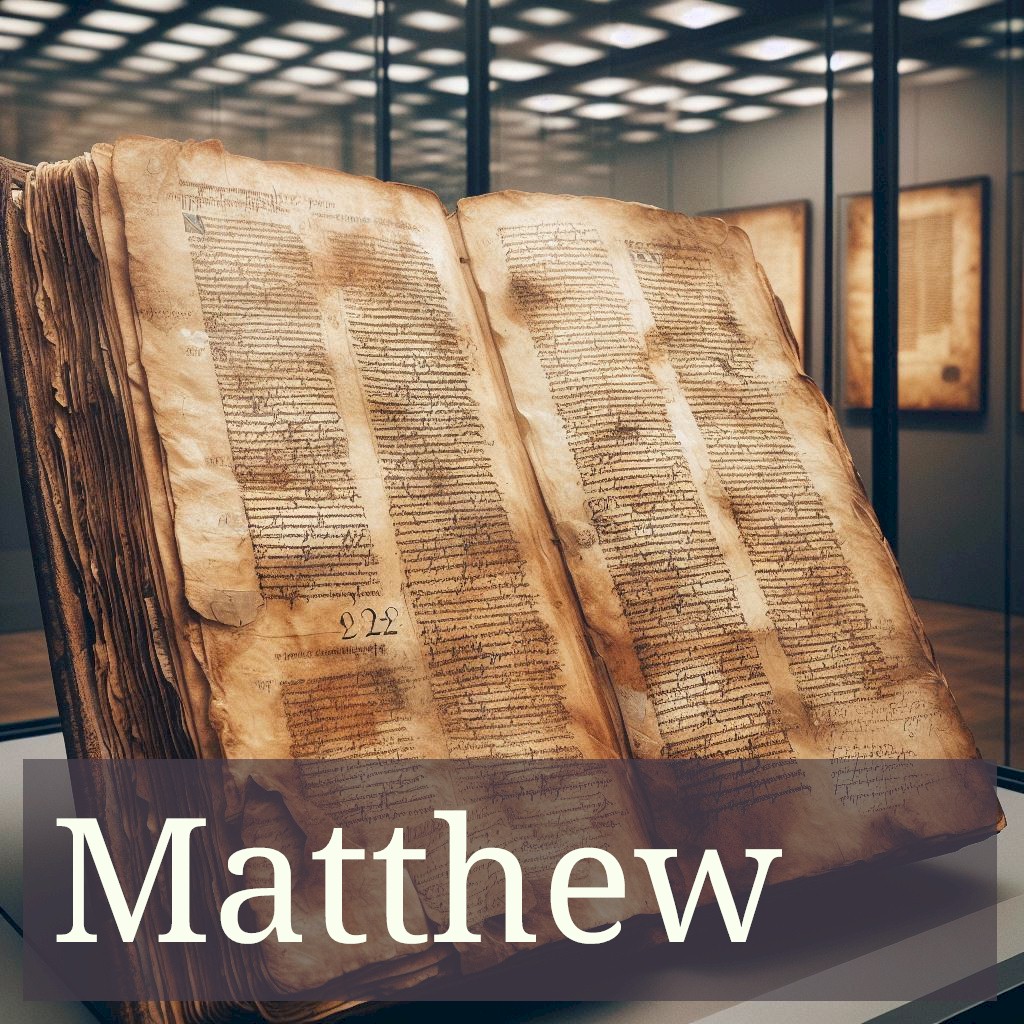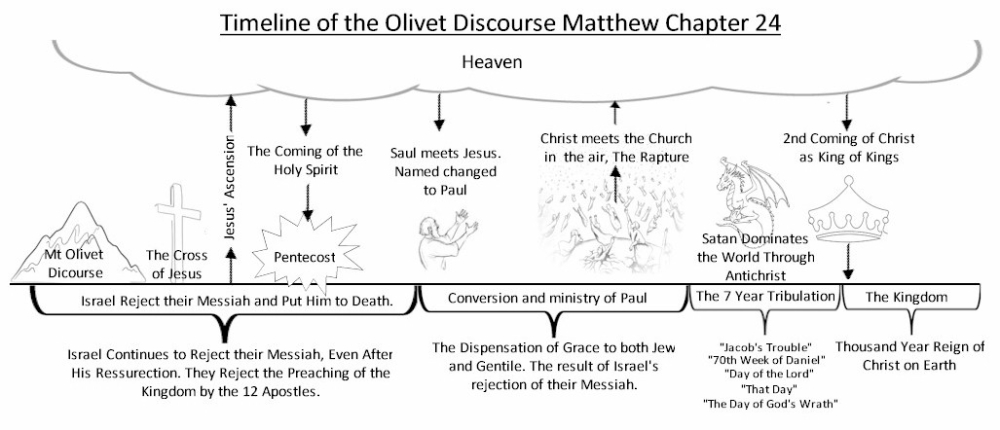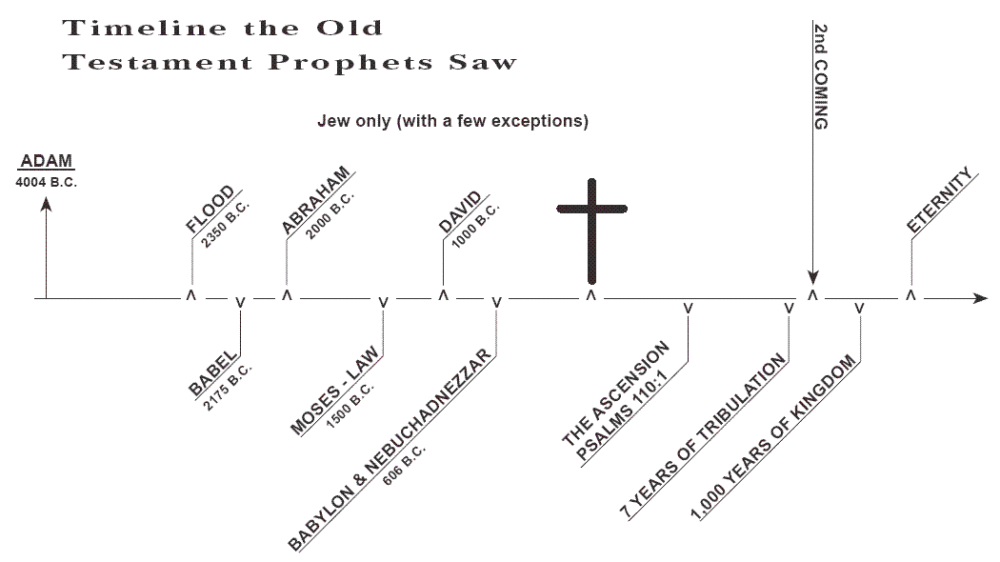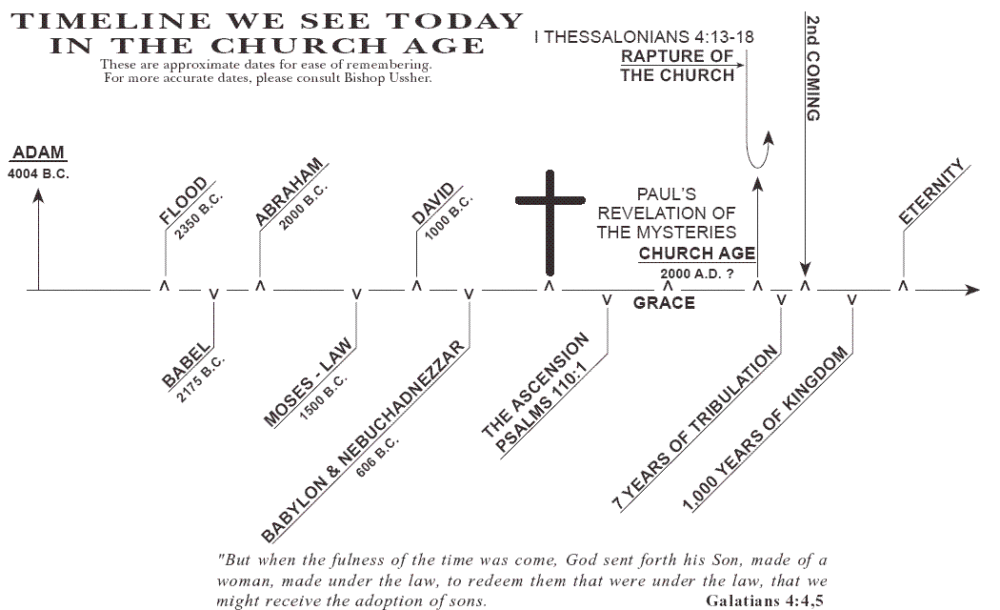The Gospel of Matthew
Welcome to the Why God study of the Gospel of Matthew
This page contains episodes and resources for the study of the Gospel of Matthew.
The overriding theme of the Gospel of Matthew is Jesus as the Messiah. Through the many signs of the miraculous, there can be (and should not have) been any doubt that Jesus was the long-prophesied Messiah Who was the fulfillment of prophecy and the Law. However, there was doubt and unbelief despite the obvious power displayed that could only have come from God.
This Gospel is also about the coming Kingdom of Heaven and the King who will return one day to rule the world from Mount Zion in Jerusalem from the throne of David.
The genealogies in the first chapter seem at first unnecessary to the gentile mind but they are everything to the Jew, proving that Jesus is from the ancestral line going back to Abraham and of the line that God promised would produce the long-awaited Messiah.
We hope you will get as many blessings from the study of this Gospel as we have experienced in the giving of it.
The Gospel of Matthew Study Episodes (55 Episodes)
The Gospel of Matthew Notes and Outlines - Tap or Click to open
351 Old Testament Prophecies Fulfilled in Jesus Christ
Why Four Gospels
Timeline of the Kingdom
Dispensation Chart
The Trinity Diagram
The Trinity - Bible Verses Confirming
Verses prooving disciples did not understand the mystery of the cross
The Twelve Did Not Preach the Cross
It is evident from 1 Corinthians 15:1-4 that the gospel of our salvation includes the death, burial, and resurrection of Jesus as payment for our sins. This simple truth is the cornerstone of Christianity. Yet nowhere within Matthew, Mark, Luke, or John did the Twelve Apostles understand the preaching of the cross. Below are the verses that prove the Twelve were ignorant of the preaching of the cross for salvation.
Ignorant of Jesus’ Death, burial, and resurrection
- 1. Matthew 16:21-22 – Jesus first began to tell them of his death and yet Peter tried to prevent it.
- 2. Mark 8:31-32 – Another account of Peter rebuking the Lord for speaking about his death.
- 3. Mark 9:31-32 – After hearing about the death and resurrection of Jesus the disciples “understood not and were afraid to ask him”
- 4. Luke 9:44-45 – “But they understood not this saying, and it was hid from them, that they perceived it not: and they feared to ask him of that saying.”
- 5. Luke 18:31-34 – “And they understood none of these things: and this saying was hid from them, neither knew they the things which were spoken.”
- 6. John 2:21-22 – They did not understand the resurrection until after it happened.
Disbelief in the Resurrection
- 7. Mark 16:5-14 – The ladies were afraid when they found the tomb empty. The disciples did not believe after two witnesses testified of the resurrection.
- 8. Luke 24:1-4 – The ladies were perplexed about what had happened to Jesus.
- 9. Luke 24:8-12 – The stories of Jesus’ “disappearance” were idle tales. Peter wondered what happened.
- 10. John 20:2 – Mary Magdalene thought someone had stolen Jesus after he had resurrected.
- 11. John 20:7-9 – The disciples after seeing the empty tomb believed Mary that someone had stolen Jesus. They did not know about the resurrection yet.
Did not understand the cross for salvation
- 12. John 20:21-23 – Even after the resurrection, the disciples did not understand what it accomplished. Here they are given the authority to remit sins.
- 13. Acts 3:14-15 – The crucifixion was presented as a murder indictment to Israel at Pentecost. The resurrection as a warning that he would return to seek vengeance.
- 14. Acts 5:28 – Instead of the blood being payment for sins it was presented as the evidence of guilty murderers.
- 15. Acts 7:52 – Stephen accuses the rulers of betrayal and murder of the Just One.
- 16. Acts 10:39 – According to Paul’s gospel Christ died willingly in the place of sinners. According to Peter he died because he was slain by certain Jews. Could it be that Peter does not yet understand the mystery
This list does not prove that the Twelve were disobedient to the gospel that was presented to them. In fact, they were some of the first believers in the gospel of the kingdom. They were among the faithful remnant of Israel who trusted that Jesus was the Son of God and promised Messiah.
However, these verses show that the gospel they knew and trusted was not the preaching of the cross that Paul taught. Whereas they knew Jesus Christ as Messiah to Israel, Paul would later teach Jesus Christ on the cross as payment for sins to Gentiles.
The preaching of the cross was offered for salvation first through the Apostle Paul as the Lord revealed the meaning of the death, burial, and resurrection. The Twelve apostles were ignorant of this message.
Most Recent Studies

The Book to the Romans
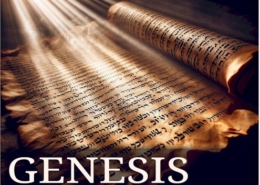
The Book of Genesis


